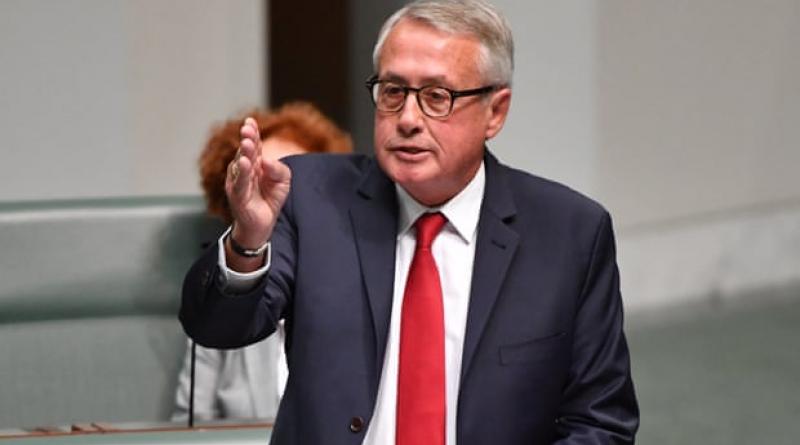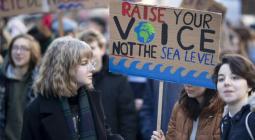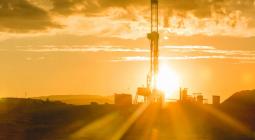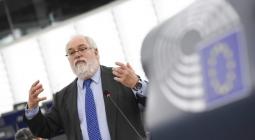Wayne Swan warns climate change will reshape politics as much as 9/11.

Exclusive: Labor president says although May election was a setback for climate action, it’s vital to stay the course.
Labor’s federal president, Wayne Swan, has warned climate change will “completely reshape global, national and local politics” over the next five to 10 years in the way that other seismic external events such as mass-casualty terror attacks have changed the global conversation.
In an interview with Guardian Australia, Swan predicted just as the 9/11 terrorist attacks in New York and Washington DC upended global politics, “somewhere not far down the track there will be a dreadful climate event that will similarly reshape global and national politics, and it could well be on our own doorstep”.
Swan acknowledged the May election was a setback for climate action in Australia, “particularly in Queensland”. But he said the Labor party has to stick the course while also safeguarding the interests of workers in the transition to low emissions “because we are realists, because we trust experts and the science, because we take our responsibilities for this great country and for our planet seriously”.
“All of us know climate is not just going to go away as an issue”.
Swan’s intervention comes as Labor continues to grapple with the fallout from the May election result. Anthony Albanese has signalled all the policies Labor took to the election are up for review.
While the electoral backlash against Labor in coal seats in Queensland and New South Wales has prompted more effusive expressions of public support for the mining sector, senior opposition figures are insisting there will not be a major retreat from climate action in this term of parliament.
The ALP president said as Labor embarked on the process of working out what to take to voters at the next election, it was important for people to understand that change was already upon Australia’s emissions intensive industries.
Swan said that transformation reflected long-term investment decisions and a significant shift in the economics of energy, rather than the specifics of climate regulation.
“That change isn’t happening because of climate targets set in Canberra or what politicians think,” the ALP president said. “It’s coming because global financial markets are shifting capital from high to low carbon”.
“It’s coming because renewable energies are now cheaper than fossil energy in a growing number of markets. And it’s happening because mining bosses are doing what they always, always do, and cutting jobs through automation, so increasingly you might see mines across the landscape but scarcely any people working in them”.
“These are just facts. Only politicians who don’t care about working people and their communities will deny them. They will deny them right up to the moment the bosses close the mine, then they will blame someone else and wash their hands of it”.
He said despite the electoral setback in May, Labor remained up “for the hard but honest political work of engaging with these communities in the transition to secure, unionised jobs in the renewables industries”.
27 August 2019
The Guardian




